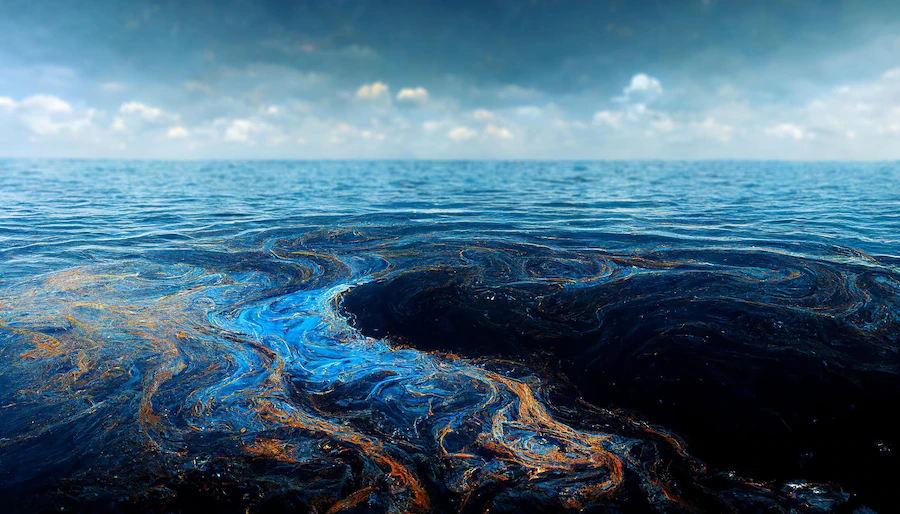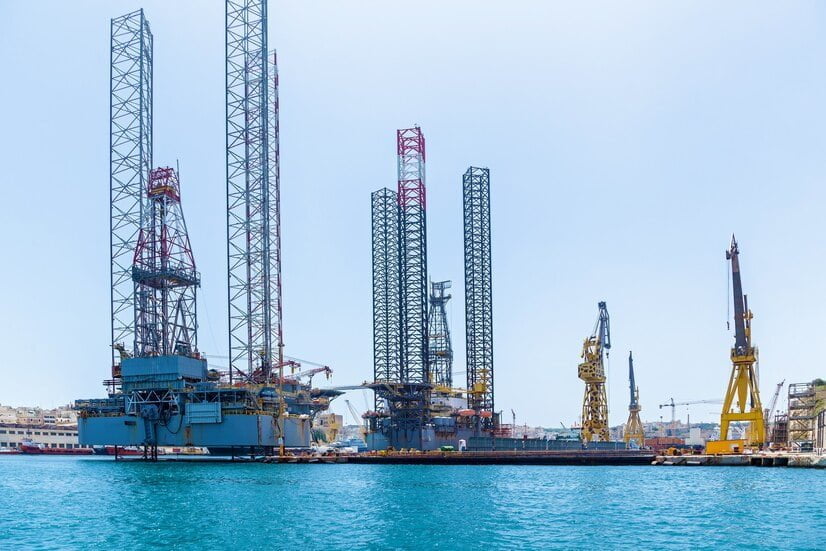Tank Monitoring Systems Prevent Oil Spills
by Arnab Dey Business Development Published on: 11 October 2022 Last Updated on: 05 December 2022

Oil and natural gas are still some of the important energy sources across the world. Because of this, it needs to be transported, sometimes over long distances. Transporting oil is a risk no matter what.
Although spills will occur inevitably, there are many ways to help prevent an oil spill. The oil and gas industry poses a risk to both human and environmental health on land and in the ocean.
These spills disrupt and harm wildlife and are very expensive when they occur. Not only are you losing valuable products, but rehabilitation is also very expensive.
Avoiding and preventing spills with tank-level monitoring systems is key to protecting the environment and human health.
What Is An Oil Spill?
An oil spill occurs when oil pollutes the land or a body of water due to accidents, human errors, or natural causes. We typically think of spills as happening in the ocean, however, storage tanks that hold oil on land can also cause harmful spills.
Oil Spill Prevention
Preventing oil spills and having a spill prevention plan in place are the best ways to eliminate spills. Although it is not possible to eliminate spills entirely, preventative measures and regulations can greatly minimize the risk of a spill.
An example of a devastating oil spill is the deepwater horizon accident. This spill happened in the Gulf of Mexico after a failure of a cement base on the well. It resulted in the death of 11 people and the spill spewed oil into the ocean for almost 90 days. The oil floated on the surface of the water, causing a fire that completely engulfed the rig in flames.
Transporting and extracting oil can be risky, although necessary.
Oil spills can be prevented by the following measures:
- Tank level monitoring
- Regular maintenance, replacing cracked and worn lines, as well as fittings and equipment
- Regularly tighten bolts
- Use oil trays/drip pans and absorbent pads to collect any excess oil
Tank Monitoring Can Prevent Oil Spills.

The key way to avoid and eliminate spills comes from in-depth prevention plans and other measures put in place before a spill can happen.
One of the most important parts of these plans comes from knowing exactly what is going on in our tank and when. Tank-level monitoring systems are the key to oil spill prevention. Remote monitoring systems will detect and measure the liquid in the tank and give you real-time updates on this valuable data.
Many of these systems also include the use of pump-off control systems. POC systems will automatically turn pumps on and off to maintain the tank level. In addition, these systems give you immediate alerts if the level in the tank dramatically increases or decreases.
Preventing spills is not the only way tank monitoring can help your business. In addition, these systems can increase the efficiency and productivity of your business. They allow you to know exactly what is going on in your tank and control the inflow and outflow of it, without ever having to go to the tank. Reign’s tank monitoring systems help you save money and increase the productivity of your business.
Additional Resource: Why Is It Important To Dehydrate Natural Gas?
Cleaning Up After An Oil Spill
In the event of a spill happening, preventing it from spreading and doing more damage is extremely important.
Below are a few common methods used to clean up after an oil spill:
1. Oil Booms
For small spills, oil booms are used to contain the spill to a smaller area and prevent it from spreading. However, oil booms are not equipped to contain and handle large-scale oil spills.
2. Skimmers
Skimmers are used to extract the oil from the water. This is often done after the oil is collected and contained within an oil boom.
3. Sorbents
A more natural way to clean up spills is through oil sorbents. These materials will absorb the oil and remove it from the water.
4. Burning
One of the fastest and most effective ways to clean up an oil spill is through burning. It is common knowledge that oil and water don’t mix. Because of this, the oil that floats to the top is set on fire to burn it away.
5. Dispersants
For very large and difficult spills, dispersants are a last-ditch effort to contain and clean up an oil spill. Dispersants are a type of chemical that is applied to the spill to disintegrate the oil.
Read Also:







































































































